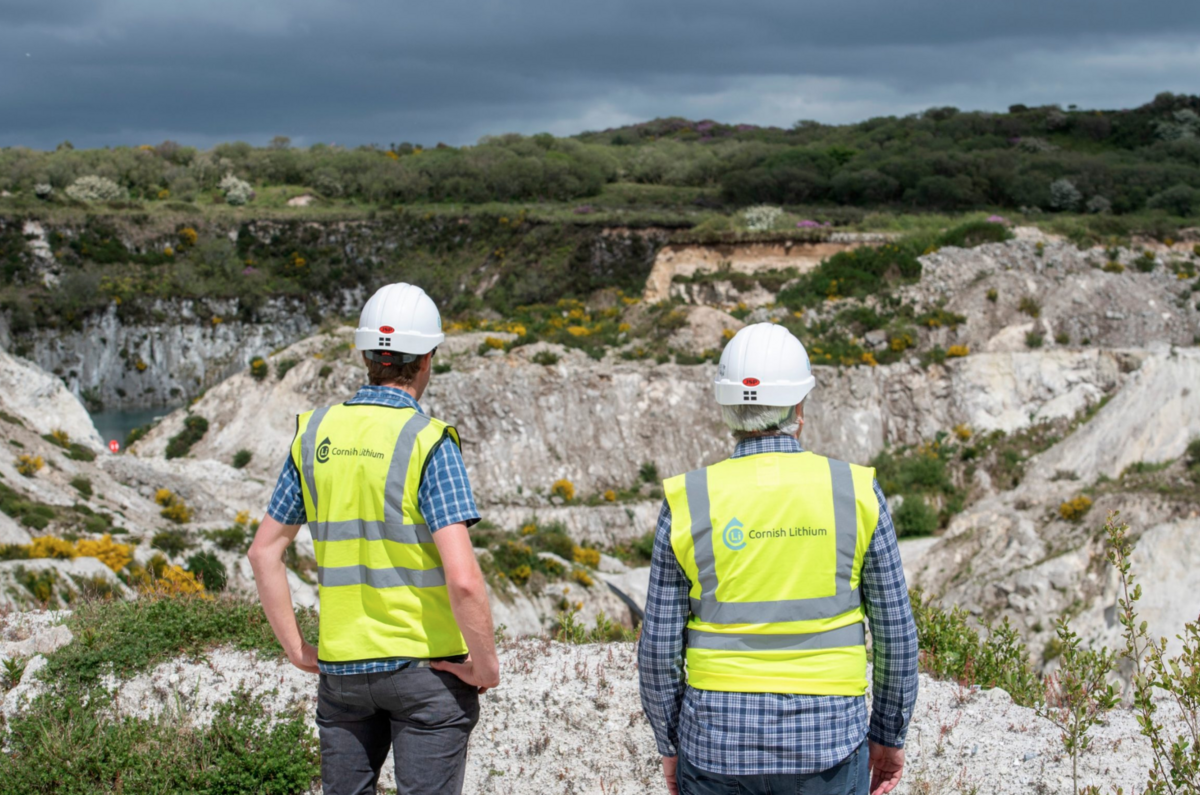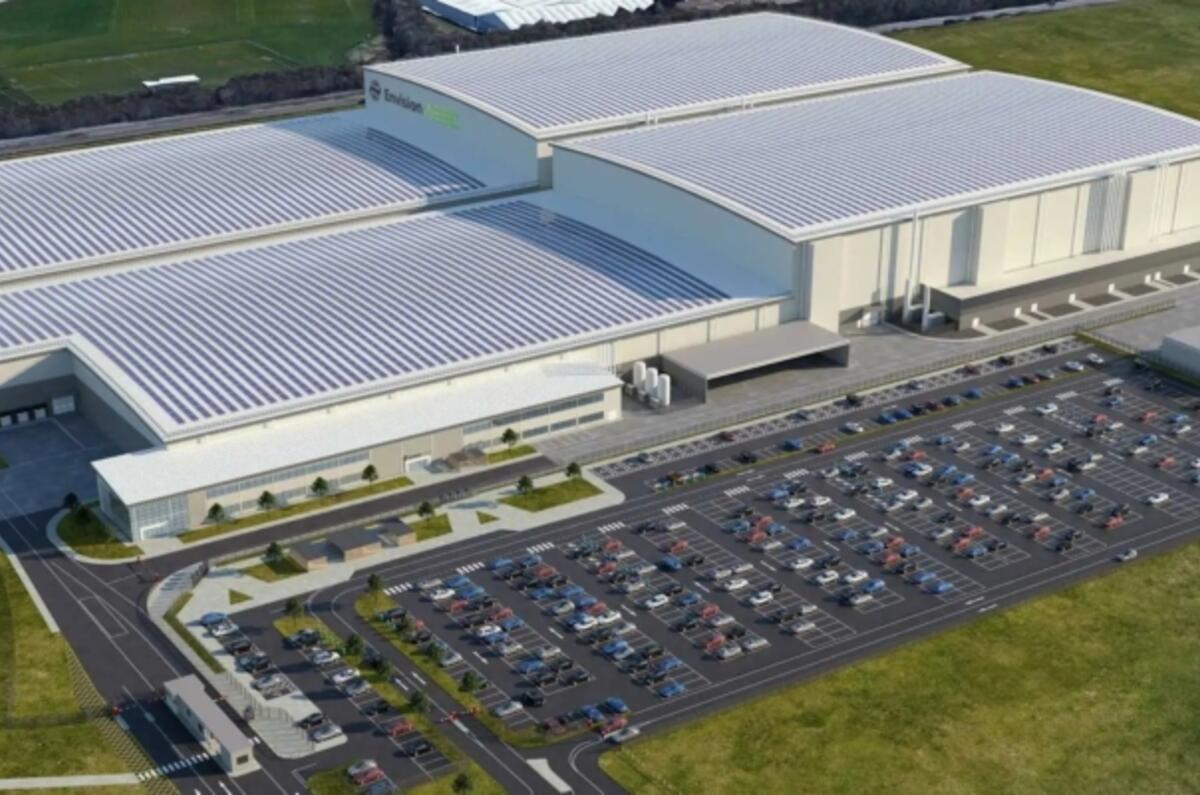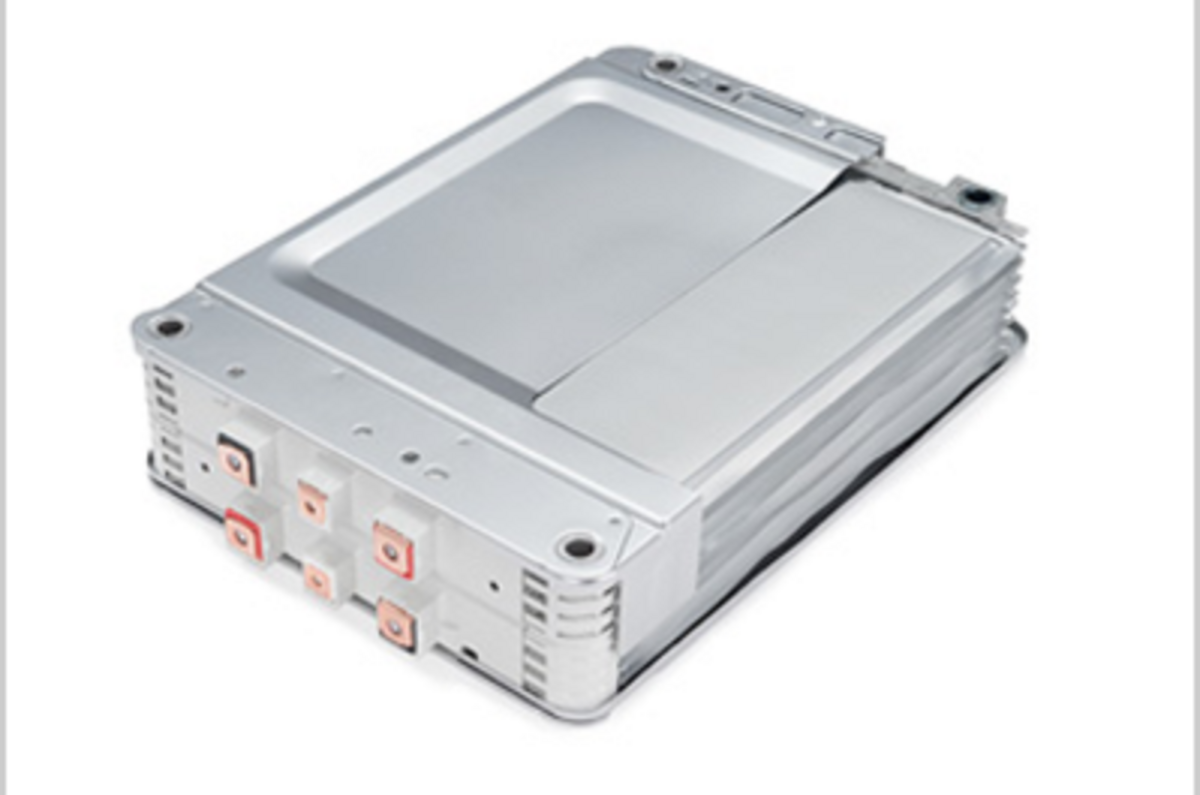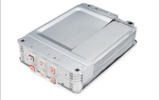Just as restaurants tout reduced food miles by local sourcing, so the UK car industry is looking for suppliers closer to home as it overhauls its purchasing in the EV era.
Much of that is driven by legislation, specifically Brexit. The deal agreed with the European Union, the UK's biggest market, calls for a gradual decrease in parts sourced from outside the UK or EU from 60% now to 45% by the start of 2027.









Add your comment